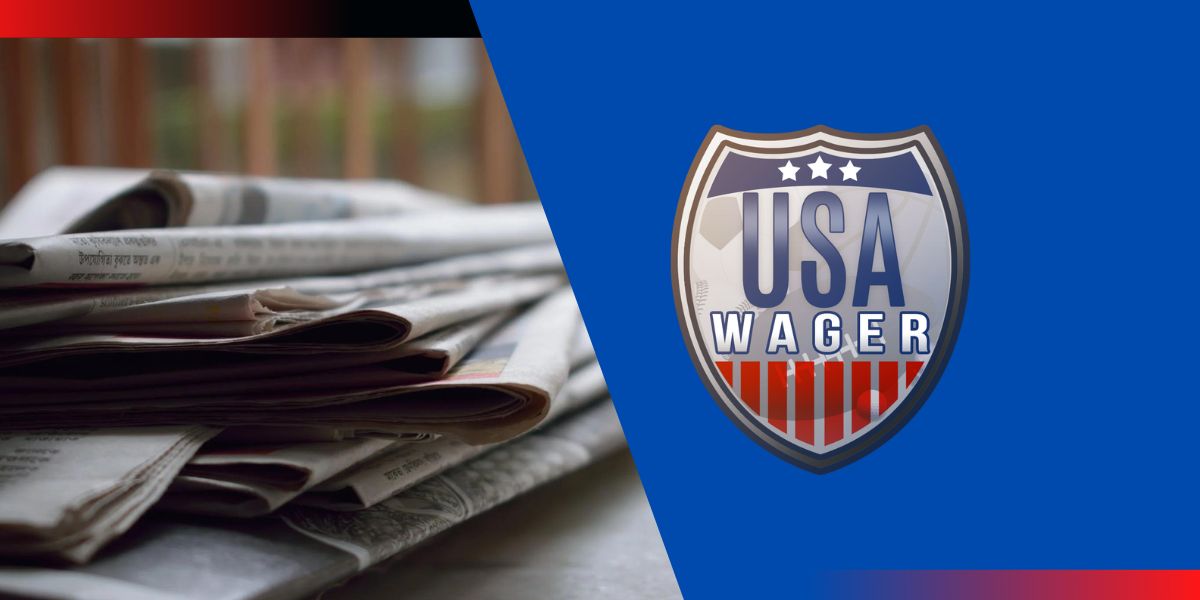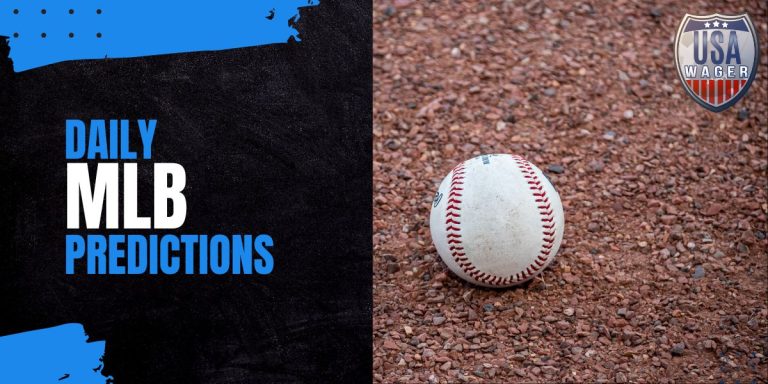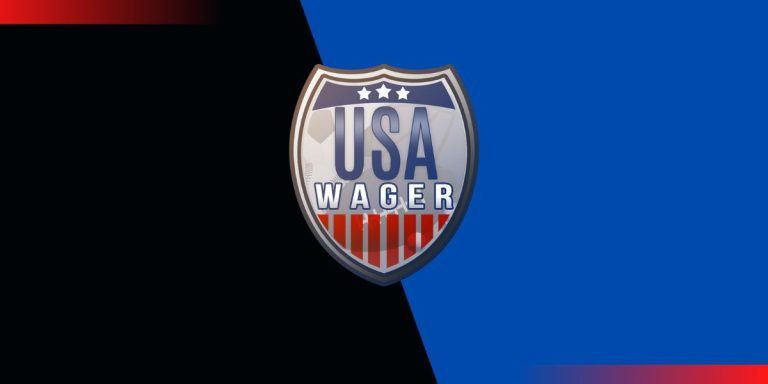Professional Athletes and Sports Betting
Professional Athletes and Sports Betting
One demographic that deserves attention in the context of sports betting is the actual athletes participating in these sports. With the new ruling allowing states to regulate sports betting and gambling, professional leagues have had to adopt new approaches to address the involvement of athletes in this industry.
While each league has similar regulations prohibiting employees and players from placing wagers on their own games or within their specific league, partnerships have emerged between North American sports leagues and technology companies or sportsbooks. In these partnerships, players are allowed to serve as ambassadors, but their engagement in promotional or marketing appearances for the brands is limited.
Additionally, sportsbook companies have obtained permission to use various branding and logos from these leagues in their advertisements.
Problems of Athletes Participating
Allowing athletes to participate in sports betting could lead to an issue where the outcomes of their wagers are perceived as fixed matches, even if that is not the case. If participants and fans believe that players and employees have the ability to manipulate or corrupt a game, it could have severe consequences for a league.
Hence, it can be seen as hypocritical for leagues to form partnerships with sportsbook businesses, profiting from athletes becoming ambassadors, and then punishing those same athletes more severely compared to other athletes involved in issues that should be taken more seriously.
Gambling Addiction in Athletes
Another concern with North American leagues embracing gambling is the potential exacerbation of athletes developing gambling addictions. In fact, gambling addiction is already a prevalent issue among professional athletes.
Professionals within the industry have observed a shift within this demographic from drugs and alcohol being the dominant vice of choice to pathological gambling and video gaming. Athletes already face significant daily stress, and many turn to gambling as an outlet.
However, their success on the field or court does not necessarily translate to success in gambling because what makes them good at their respective sport is that if they are short in some skills, they will continue to go again repeatedly until it’s right. If athletes equate losing a wager to losing a game, they may continue to gamble without carefully considering their wager, leading them into a cycle of debt.
This can result in them becoming trapped in a spiral of debt, as exemplified by the case of Evander Kane, who plays for the Edmonton Oilers. Despite earning $43 million in on-ice earnings, he had to file for bankruptcy due to his gambling addiction.
Conclusion
In summary, the involvement of athletes in sports betting requires careful consideration. At the same time, partnerships between leagues and sportsbook companies exist and can show an incredible profit for both.
Having restrictions in place to prevent athletes from engaging in certain promotional activities and even prohibiting gambling on their end is something that should be seen as beneficial for these players beyond their careers. The constant scrutiny and pressure that athletes face can create a need for escapism, and gambling may seem like an enticing outlet.
However, without proper awareness, education, and support systems in place, athletes can quickly find themselves caught in a cycle of destructive behavior. Thus leading to financial ruin, personal distress, and even compromising their professional careers. It is essential for sports organizations, leagues, and individuals involved in the sports industry to prioritize the well-being and education of athletes to prevent the potential dangers of gambling and provide the necessary resources for those in need.



